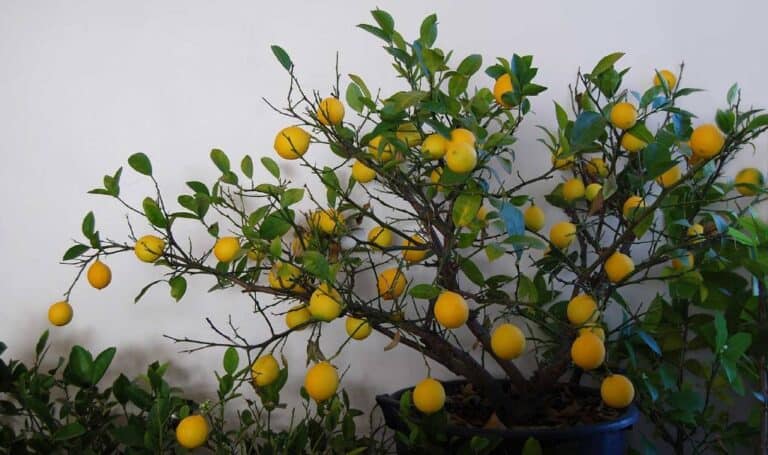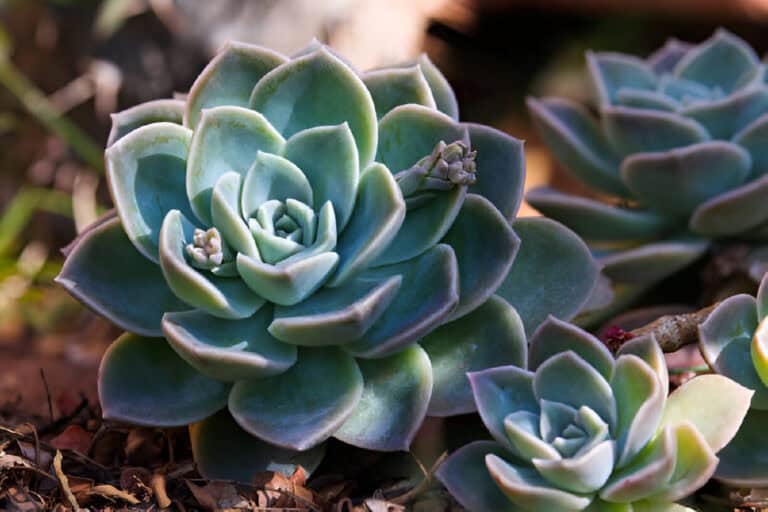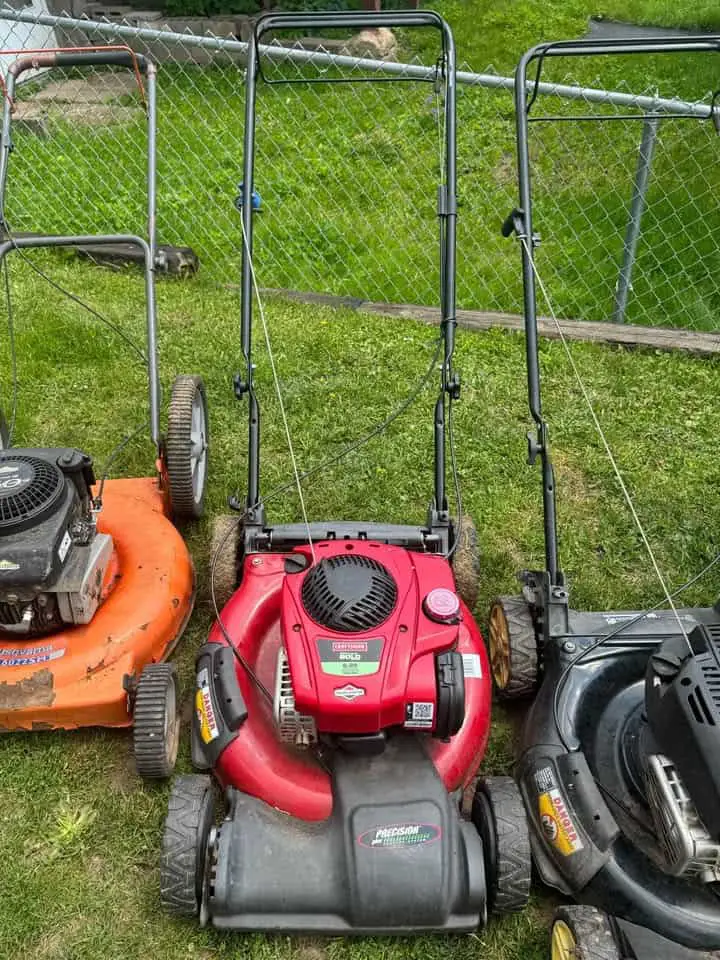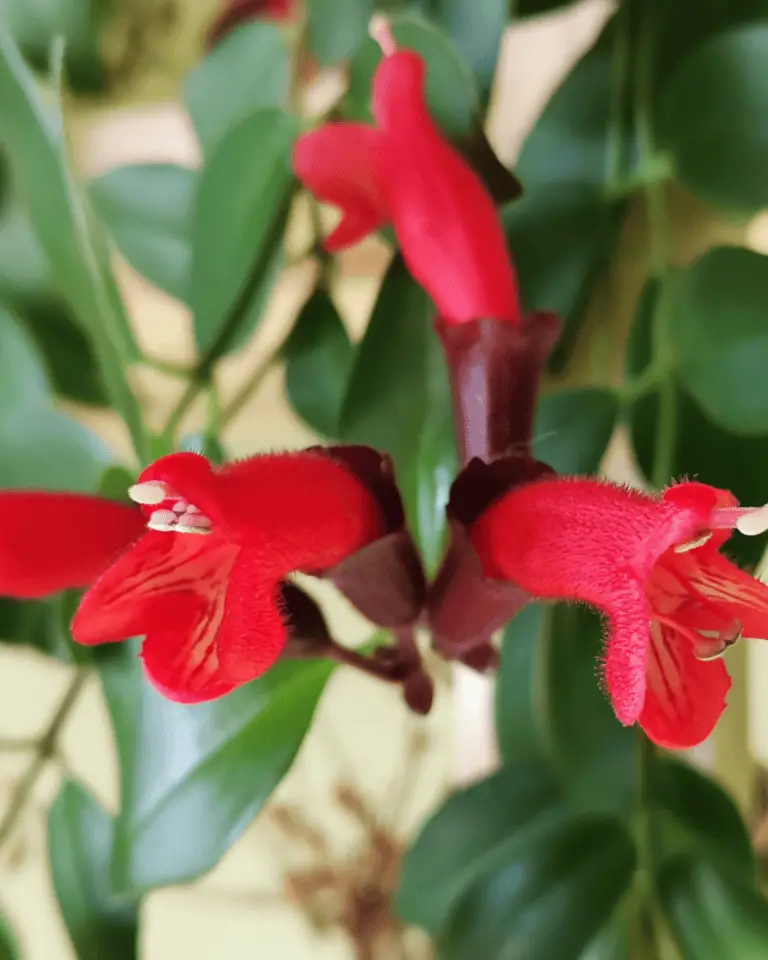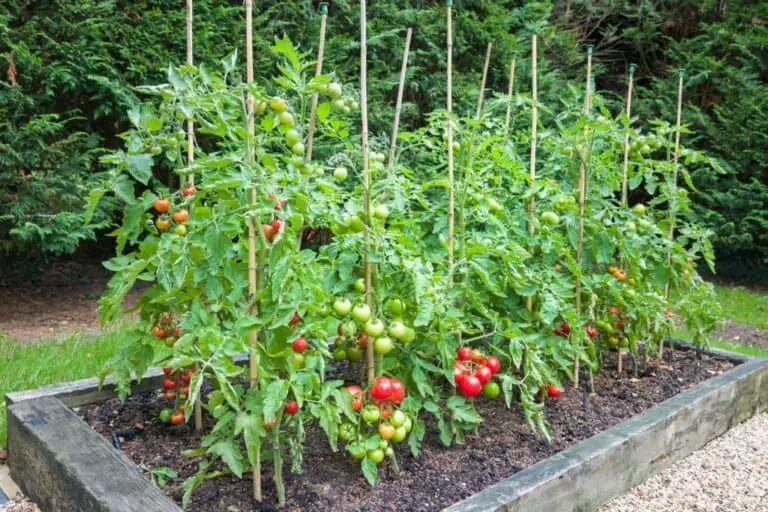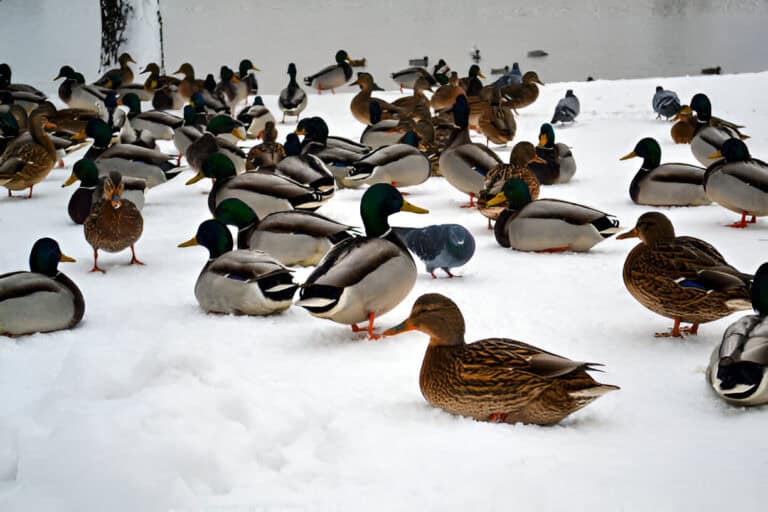How Long Do Zucchini Seeds Last and Still Good? Zucchini Seed Viability
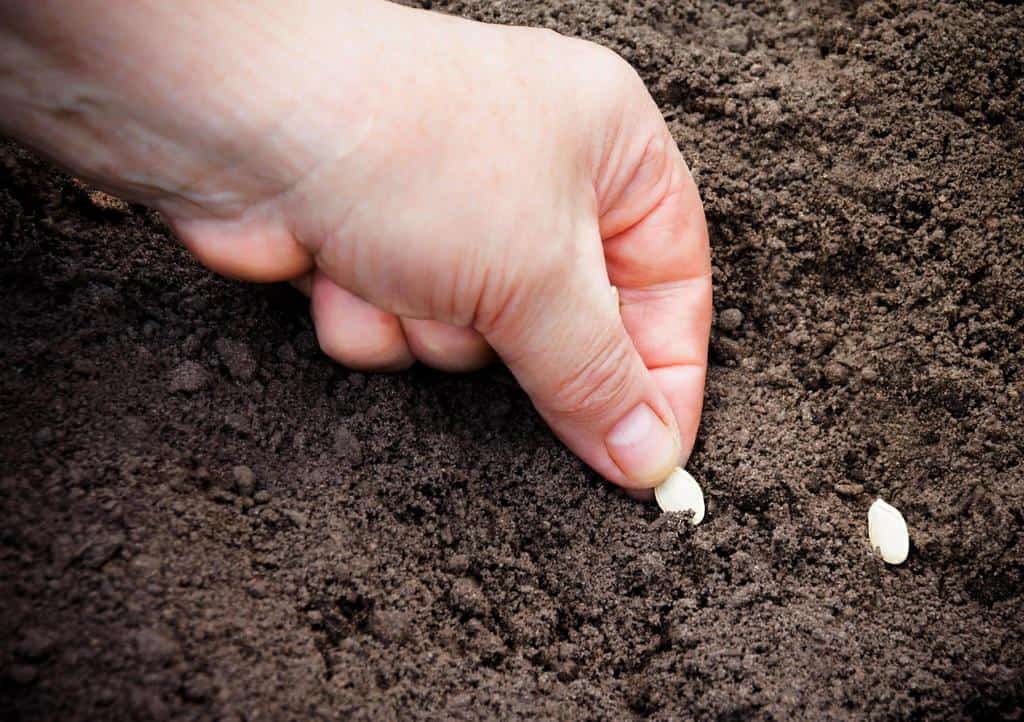
In the world of gardening, one factor that holds the key to success is seed viability. The ability of seeds to germinate and develop into healthy plants marks the foundation for a bountiful harvest. The balance between life and dormancy is delicate. It captures the attention of gardening enthusiasts, farmers, and home gardeners.
Zucchini seeds are no ordinary seeds; they hold within them the promise of flavorful abundance. They are not just tiny capsules waiting to sprout roots and unfurl leaves. They are much more than that.
Today, we delve into the intriguing realm of zucchini seeds – those small yet mighty powerhouses of potential. Join us as we uncover the lifespan, storage methods, and factors influencing zucchini seed viability.
Join us as we explore how long these lively squash cousins can survive. They do so before succumbing to the relentless wear-and-tear of Mother Nature or to human mishaps. We will learn strategies from science. They are mixed with tried-and-true traditional wisdom passed down across generations. These discoveries will deepen your love for every tiny miracle in each zucchini seed casing.
Factors Affecting Zucchini Seed Viability
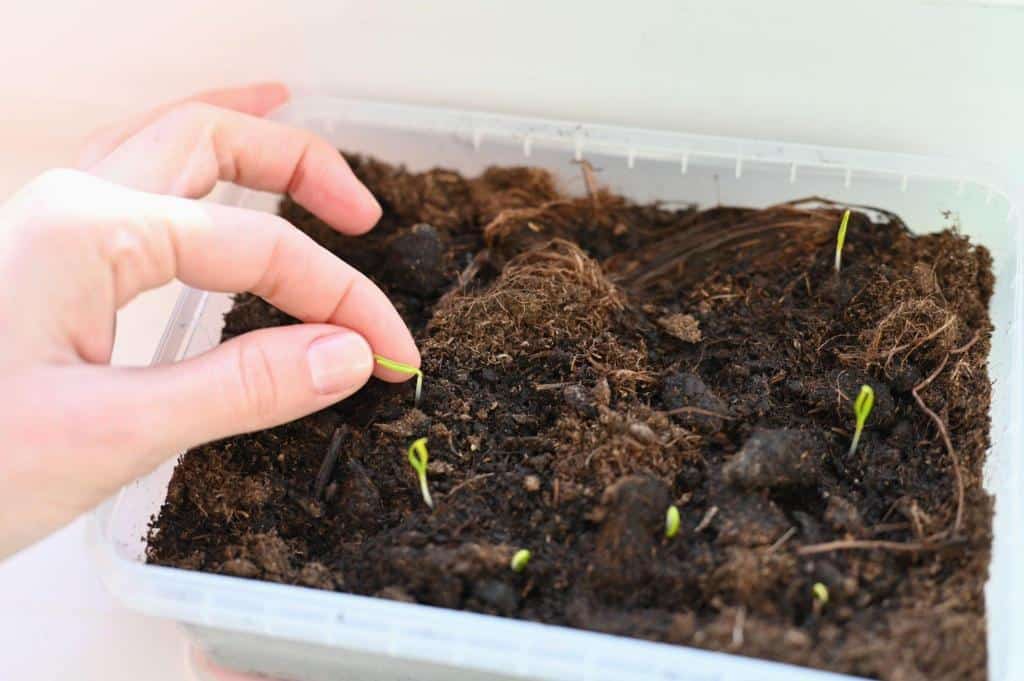
When it comes to the viability of zucchini seeds, there are several factors that come into play. One of the most significant factors is the environment in which the seeds are stored. Temperature and humidity can have a major impact on seed longevity. Ideally, store zucchini seeds in a cool, dry place. Protect them from temperature swings and too much moisture.
Next, we cannot ignore the role of genetic factors when considering seed viability. Some varieties of zucchinis naturally have longer-lasting seeds compared to others. This can be attributed to their genetic makeup or breeding history. Gardeners and farmers need to pick zucchini varieties with improved seed life. They should do this if they plan to store the zucchinis for a long time.
Another factor influencing the lifespan of zucchini seeds is the quality of the seed itself. High-quality and properly harvested seeds tend to have a longer shelf life compared to lower-quality ones. It is advisable to obtain fresh and reliable sources when purchasing or saving your own zucchini seeds for future planting.
Also, most types of zucchini have good genes for seed viability. Some types have shorter lifespans. This variation occurs due to differences in genetics between different cultivars.
| Related: How to Transplant Zucchini Plants: A Step-by-Step Guide |
How Long Do Zucchini Seeds Last?
Zucchini seed viability can vary. It depends on factors like storage, quality, and genetics. Under optimal conditions, zucchini seeds can remain viable for an estimated range of 4-6 years. However, it is important to note that individual results may vary.
Signs of Viable vs Non-viable Seeds
When it comes to testing the viability of zucchini seeds, there are a few key characteristics to look for. One of the most obvious signs is color. Viable zucchini seeds will typically have a rich, dark color, while non-viable ones may appear faded or discolored. Another important factor is firmness. When pressed between your fingers, viable seeds will feel sturdy and solid, whereas non-viable ones may be soft or mushy.
It’s also worth noting that the size of the seed can provide some insight into its viability. Generally speaking, larger zucchini seeds tend to have a higher chance of being viable compared to smaller ones. Additionally, checking for any visible damage on the seed surface can help determine if they are still good for planting. If you notice cracks or breaks in the seed coat, it’s likely that those particular seeds are not viable.
While these characteristics can serve as indicators, it’s essential to remember that none of them guarantee 100% viability. It’s best to do germination tests before planting zucchini seeds. They ensure the best yield and success in your garden.
Tips for Prolonging Zucchini Seed Longevity
Properly storing zucchini seeds is crucial for ensuring their longevity. To keep your seeds in optimal condition, consider the following tips:
- Dry and Cool Storage: Store zucchini seeds in dry and cool conditions. Minimal moisture content in the storage environment is important to prevent damage to the seeds. Consider using sealed containers or envelopes for seed storage. They maintain steady humidity levels and prevent exposure to excess moisture.
- Temperature Control: Protect zucchini seeds from extreme temperatures. High heat can cut seed viability. Freezing can damage the seeds, leading to lower viability and poor germination rates. Store seeds in a location where they are shielded from temperature extremes.
- Avoid Moisture and Heat: Ensure that the storage area is dry and does not experience high temperatures. Moisture and heat can reduce the viability of zucchini seeds, so it’s important to store them in a place where these factors are controlled.
- Use Proper Containers: Use containers or envelopes specifically designed for seed storage. These containers help keep the right humidity level. They also protect the seeds from too much moisture and the environment.
- Regular Inspection: Periodically check stored seeds for any signs of mold, mildew, or damage. Remove any damaged seeds to prevent them from affecting the rest of the batch.
Importance of Germination Tests
Before planting older zucchini seeds, it is highly recommended to conduct germination tests. These tests help determine the viability of the seeds and can save you time, effort, and disappointment in the long run.
While a packet of zucchini seeds may have an expiration date printed on it, it’s important to remember that these dates are not always accurate indicators of seed viability. Conducting germination zucchini seeds tests gives you a more accurate assessment by allowing you to test a small sample before committing to planting an entire batch.
Not all seeds will remain viable for an extended period of time, especially as they age. Even under ideal storage conditions, there can be significant variability in how long zucchini seeds retain their ability to successfully grow into healthy plants. By conducting germination tests prior to planting older zucchini seeds, you can ensure that your efforts are focused on sowing only those with a high likelihood of zucchini seeds sprouting.
Germination testing is relatively simple and does not require much time or equipment. You place some zucchini seeds between damp paper towels or in moist soil. Then, you keep them in a warm place for several days while watching them.
This process provides useful data about seed viability. It lets you adjust your plans. Most tested seeds fail to germinate after proper testing. It’s best to buy fresh ones. Using bad seeds risks poor yields and wasted space.
| Also read: Can I Plant Zucchini Seeds Directly in the Ground? |
Resources for Purchasing High-Quality and Fresh Zucchini Seeds
When it comes to finding high-quality and fresh zucchini seeds, there are a few reliable resources you can turn to. One option is to visit your local nursery or garden center. There, you will likely find zucchini seeds picked for your region’s climate. These establishments often have knowledgeable staff who can guide you in selecting the best seeds for your needs.
Another convenient way to purchase zucchini seeds is through online suppliers. Many good seed companies sell their products on websites. You can browse through different varieties and order with just a few clicks. This provides access to many options. It lets you read reviews from other customers. You can make informed decisions based on their experiences.
It’s worth noting that some organic farmers or local community gardens may sell their own zucchini seeds as well. This supports local agriculture. It also ensures that the seeds were grown in your area’s conditions. This increases their chances of success in your garden.
Overall, you may like visiting a physical store or shopping online. Both have many resources for buying fresh and high-quality zucchini seeds. Choose reputable sources, such as nurseries or online suppliers known for their reliability. Doing so can increase the likelihood of getting viable seeds. These seeds will help grow healthy and bountiful zucchinis in your garden.
Conclusion
In conclusion, the viability of zucchini seeds can vary depending on various factors such as storage conditions and age. While zucchini seeds generally remain viable for up to 4-5 years, it is essential to ensure proper storage to maximize their lifespan. Storing them in a cool, dry place will help prevent moisture absorption and reduce the risk of seed deterioration.
To make informed choices when selecting your garden’s next crop, it is crucial to consider the viability of zucchini seeds. Buy fresh, high-quality seeds from good sources. Store them correctly. This can increase the chances of successful germination and growth.
So whether you are a seasoned gardener or just starting out with your first vegetable patch, take care of your zucchini seeds like precious gems. Treat them right from purchase to planting time. With proper care and attention, you can enjoy abundant harvests year after year!

